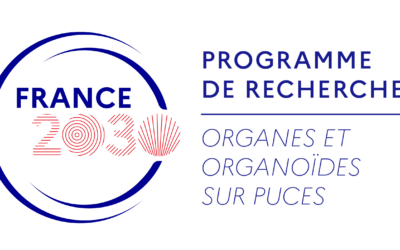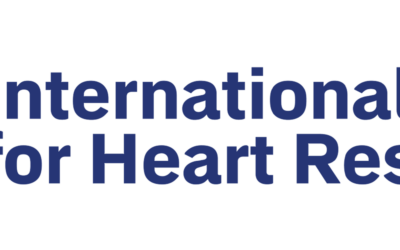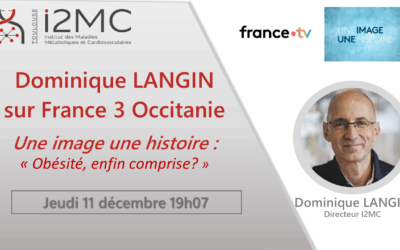I2MC
THE INSTITUTE…
The Institute of Metabolic and Cardiovascular Diseases (I2MC) develops research to understand the pathophysiological mechanisms involved in common chronic non-communicable diseases: obesity, diabetes, thrombosis, atherosclerosis and diseases of the vessels, heart and kidney.
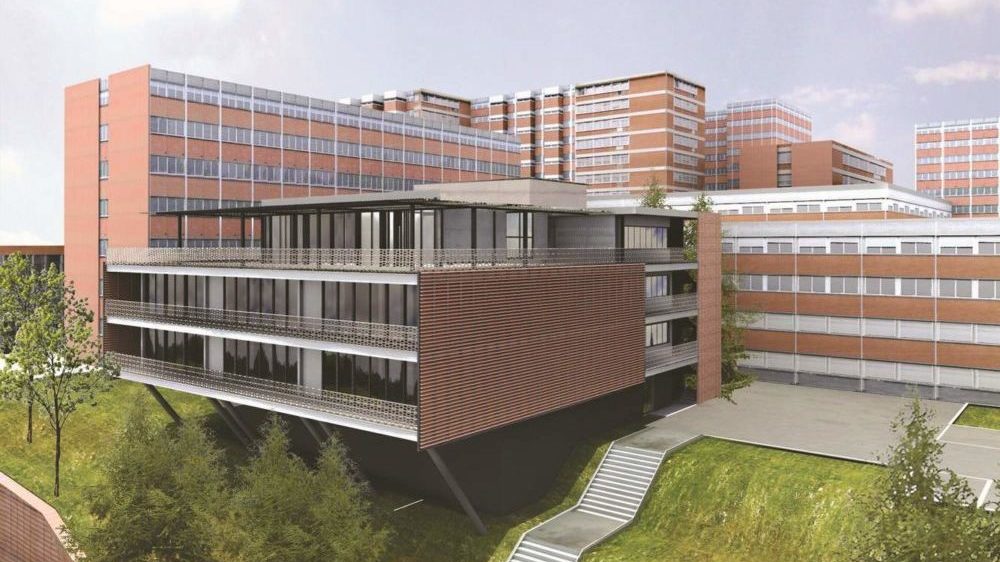
HISTORY

Scientists
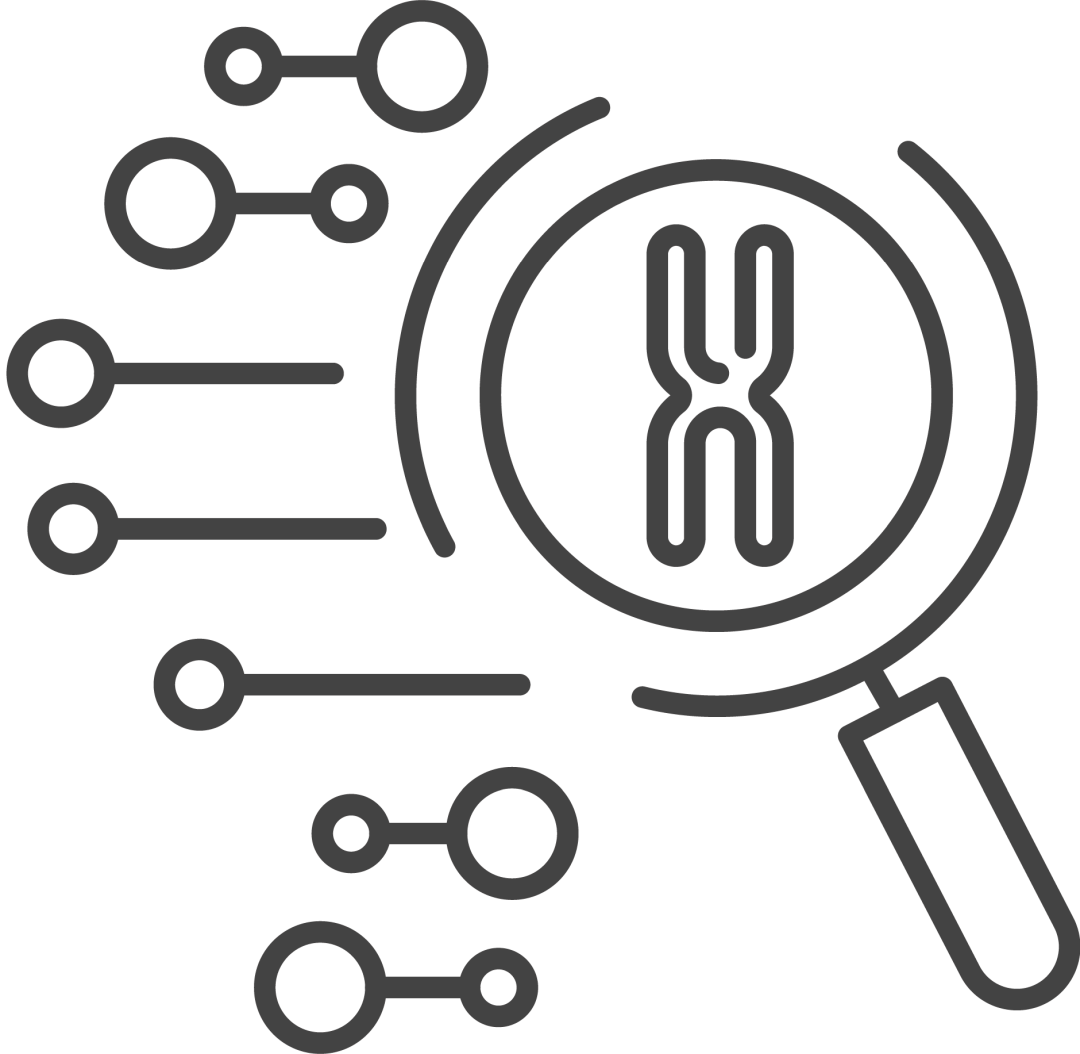
Teams
2 RESEARCH
AXES

publications per year
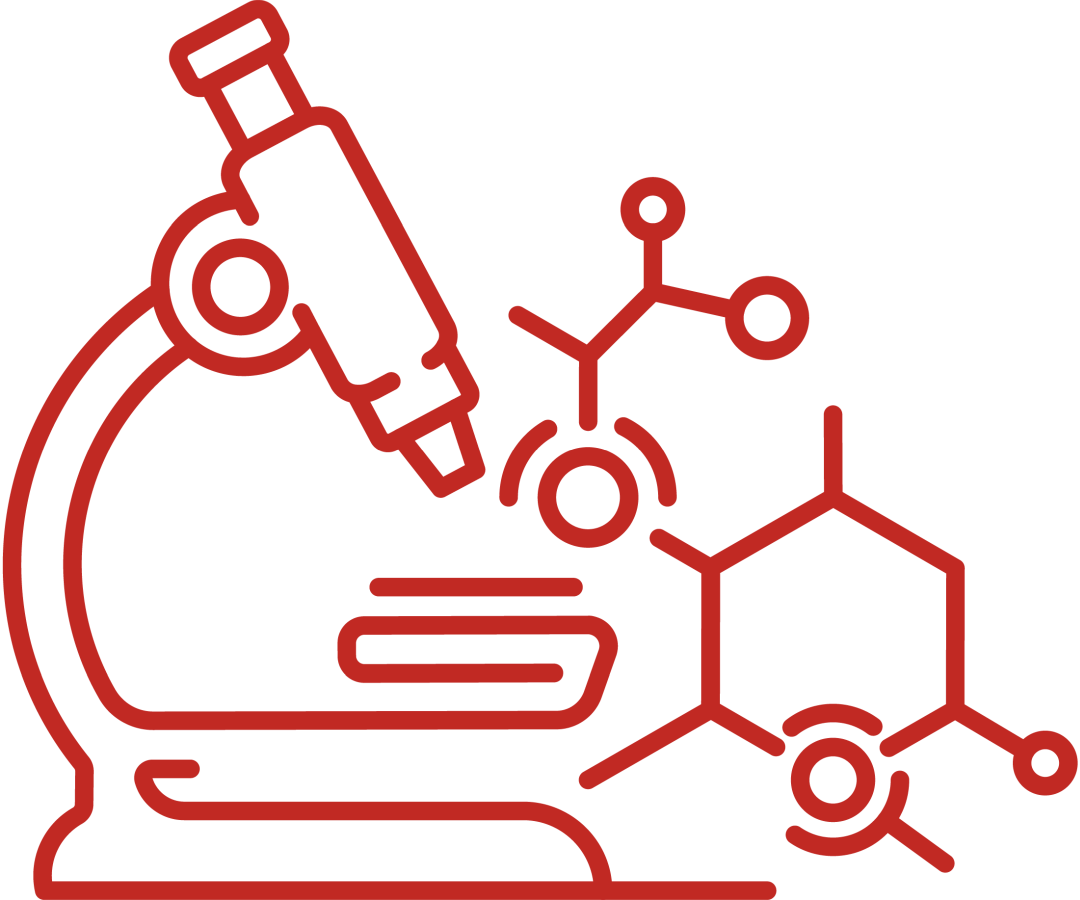
technological platforms
Parent institutions and partners
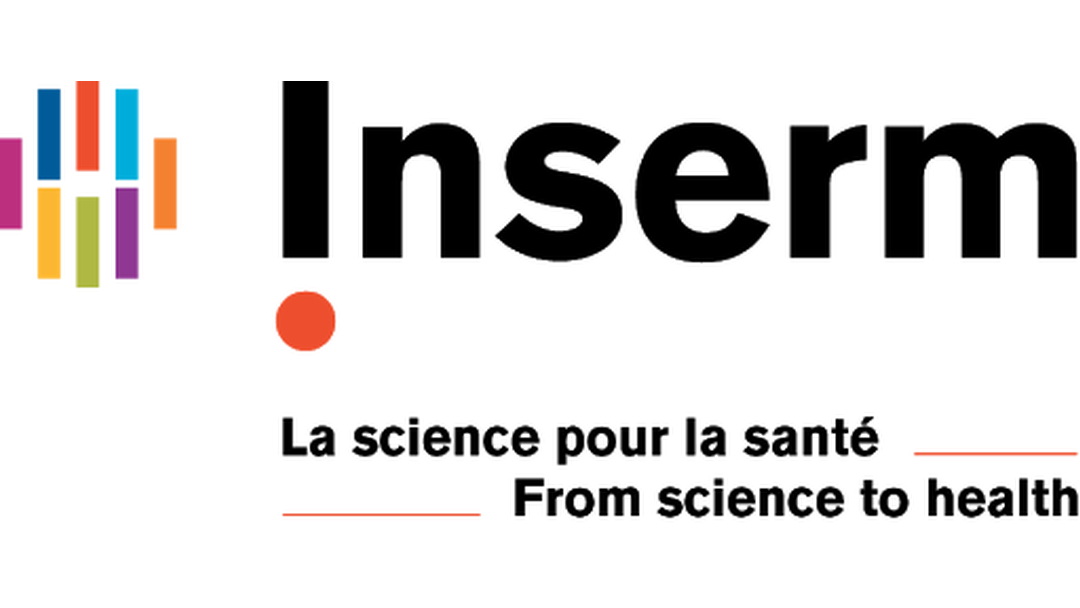
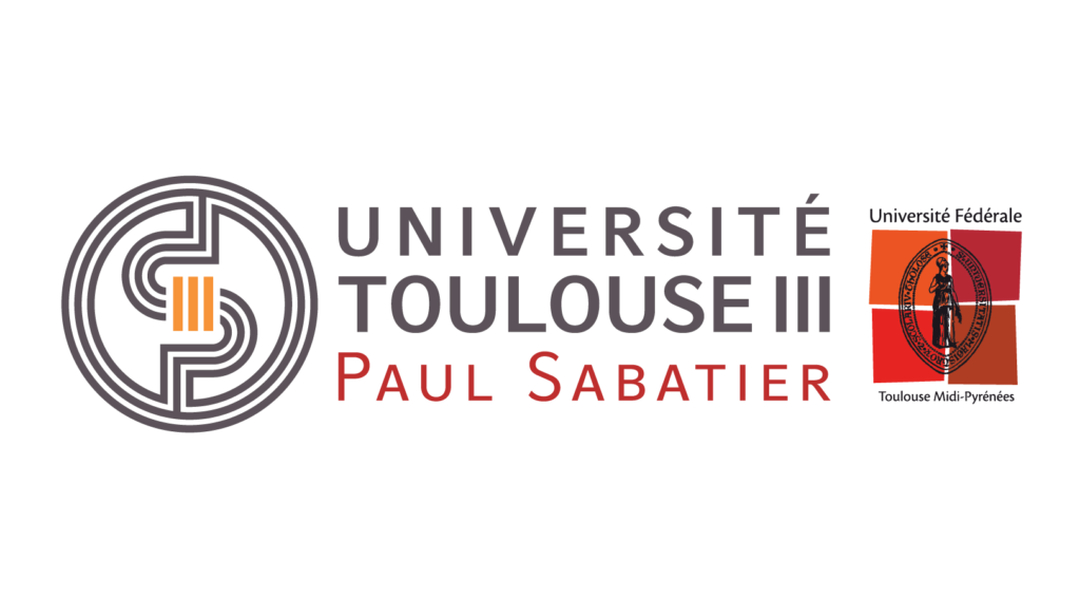
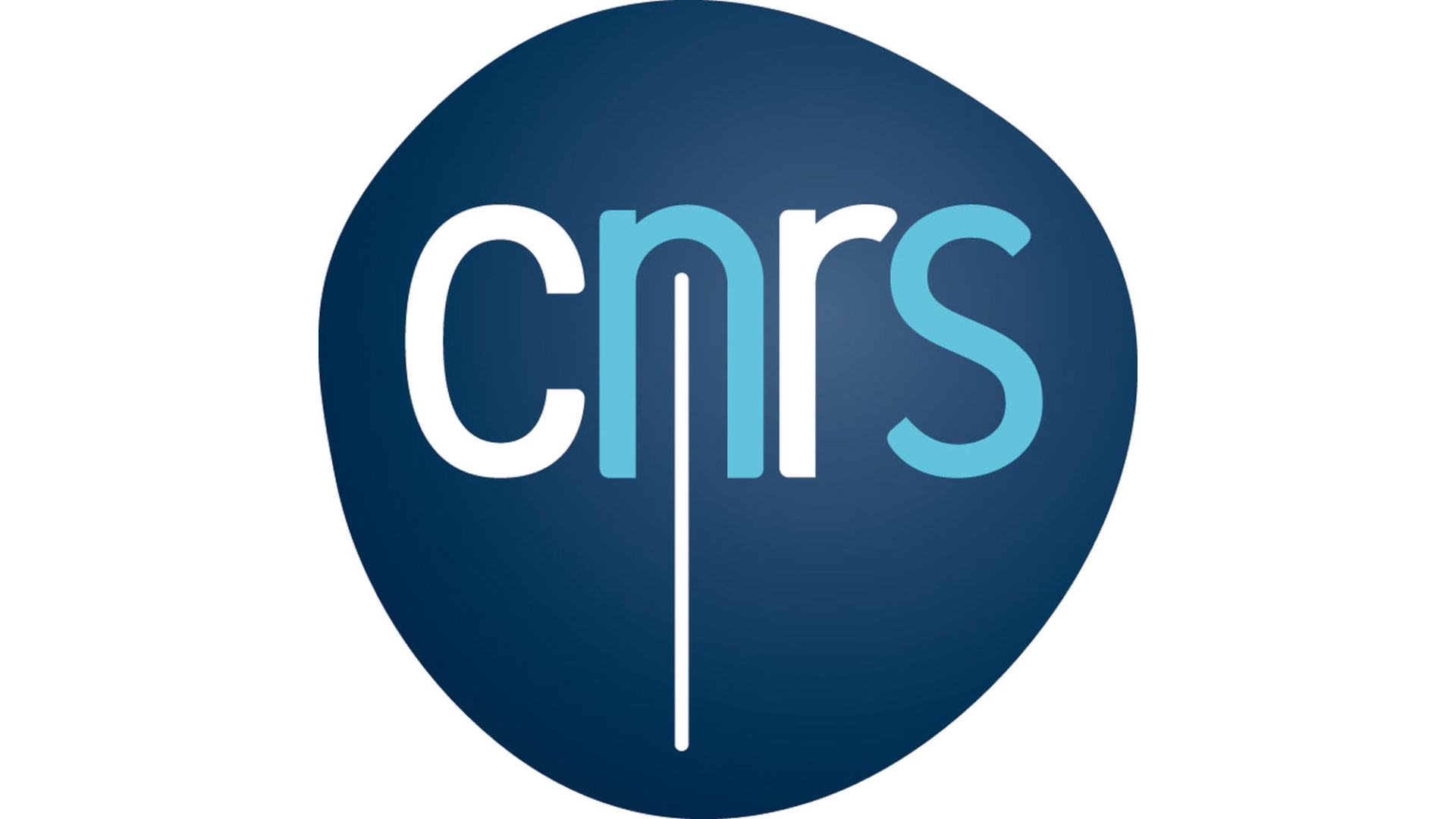
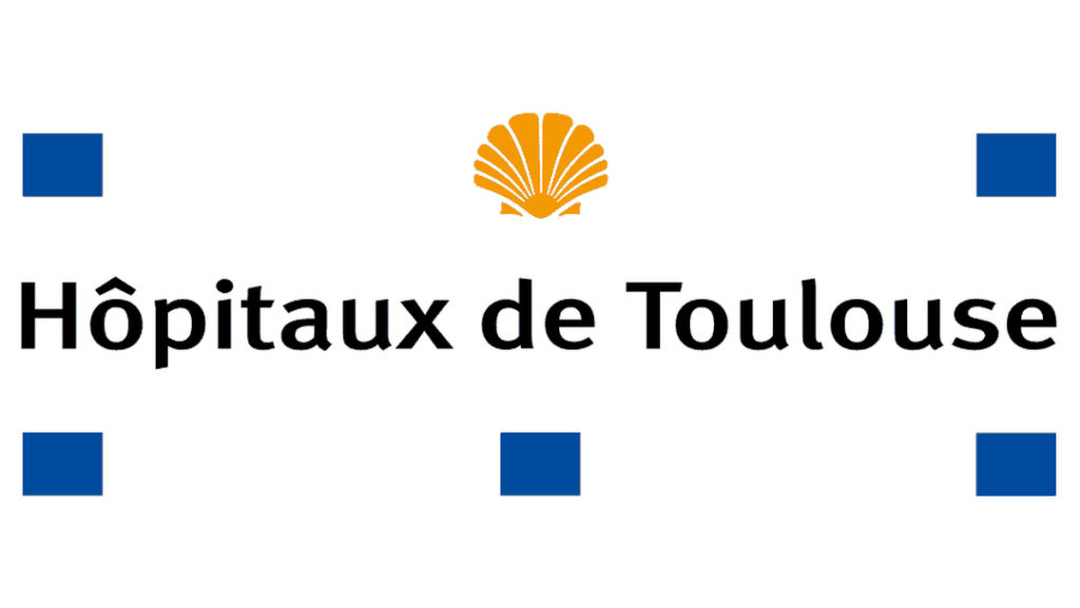
Main financial supporters
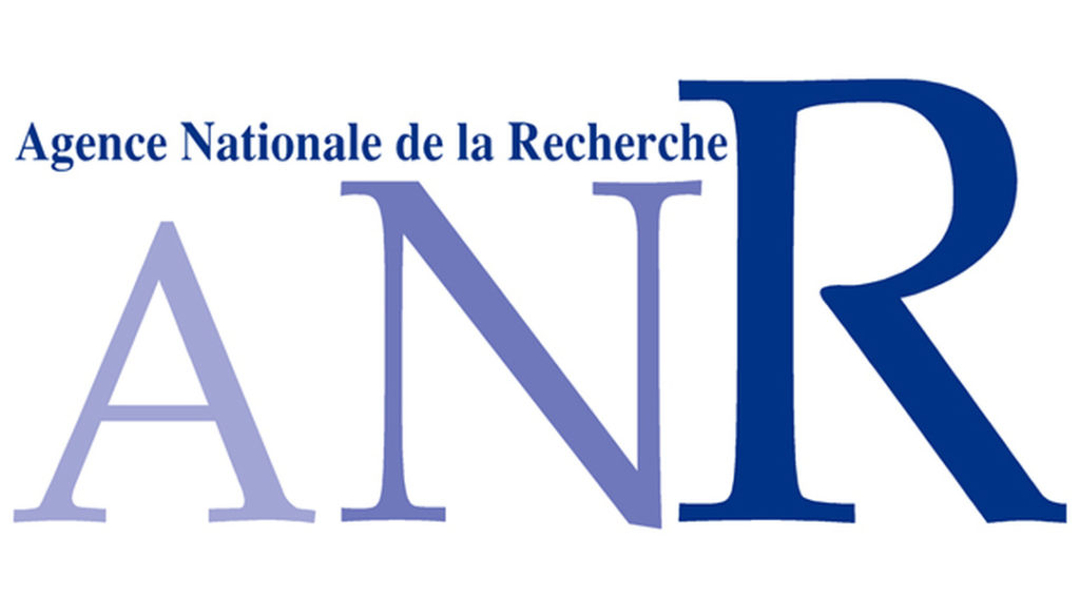
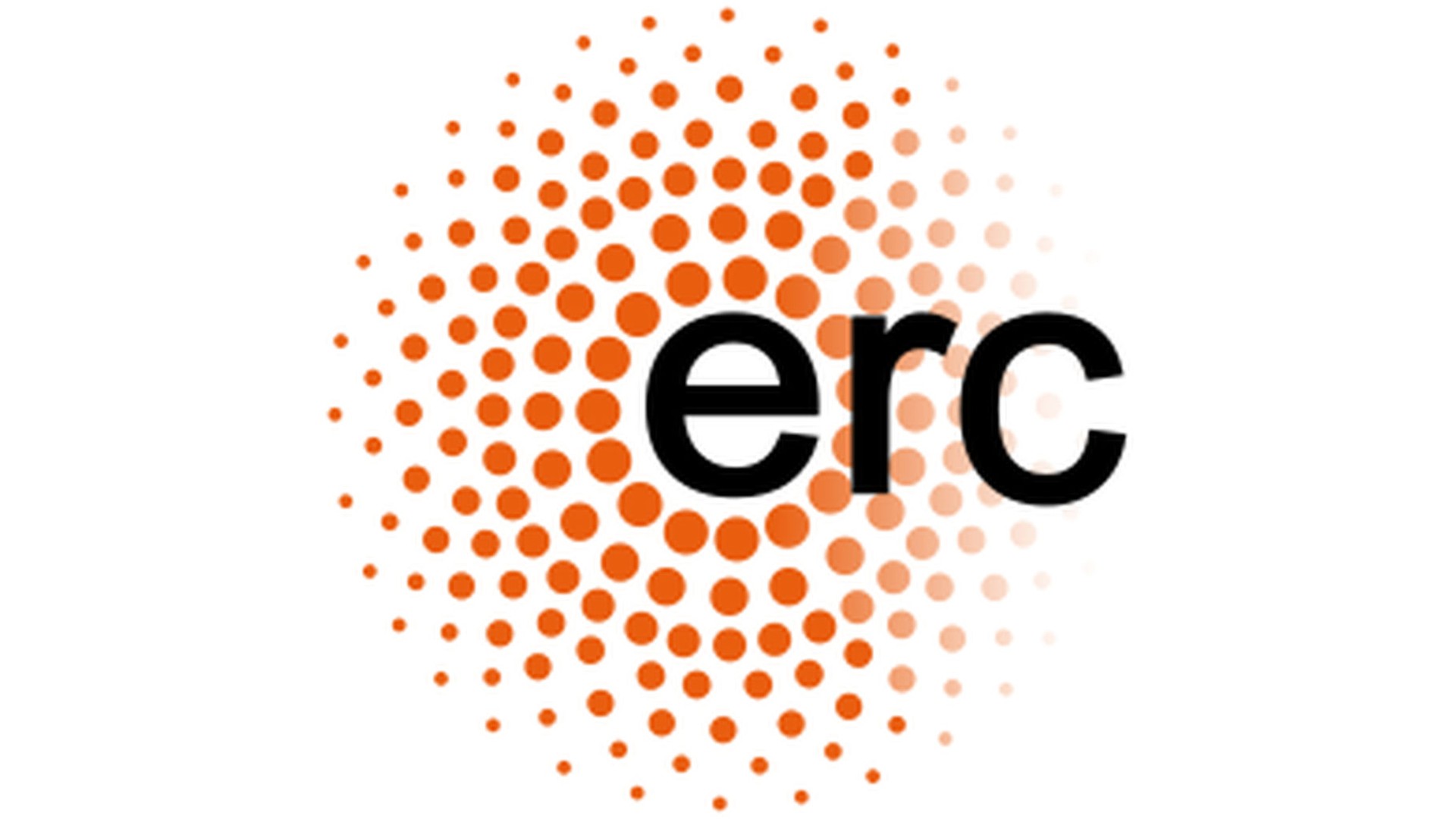
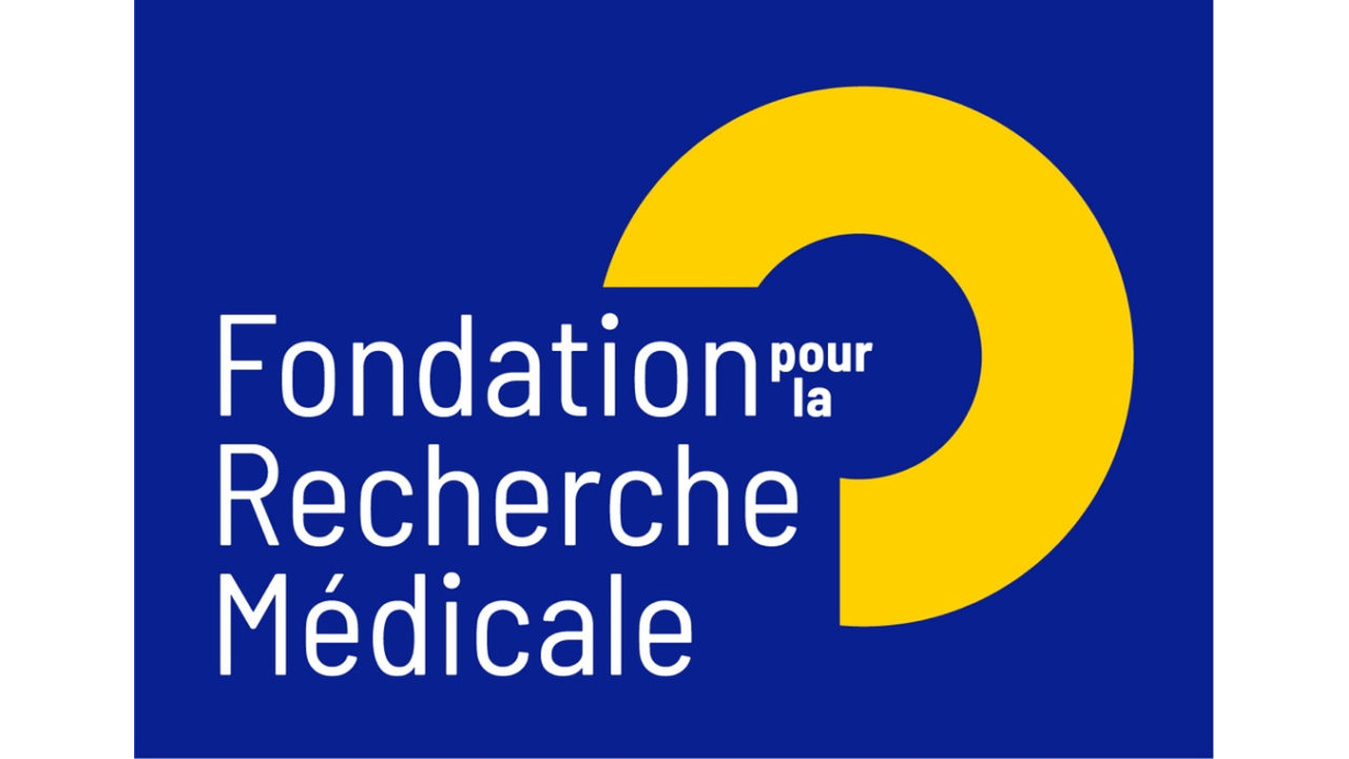
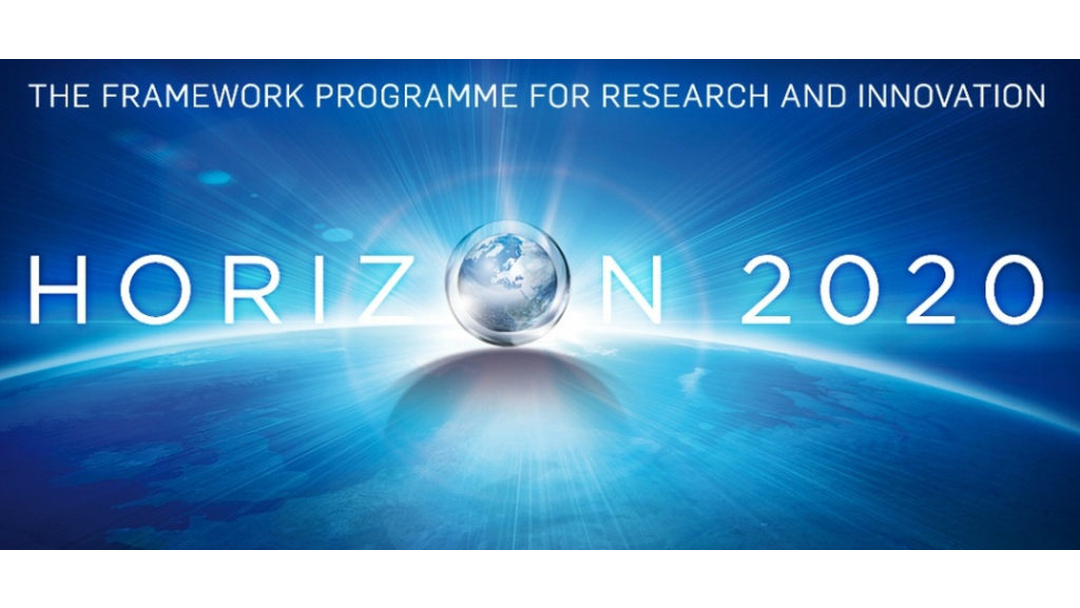
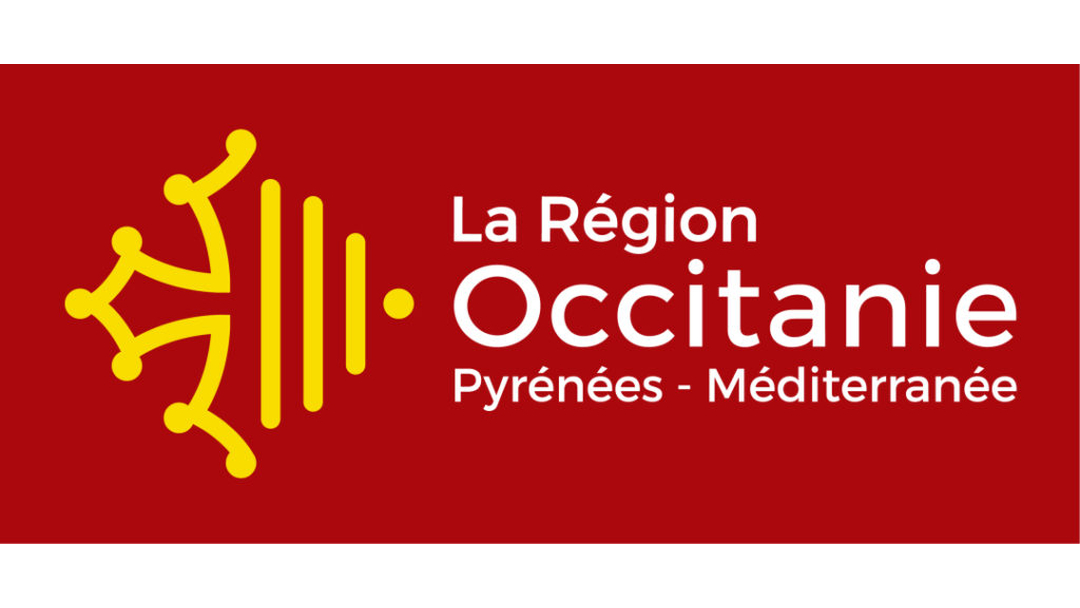
management team
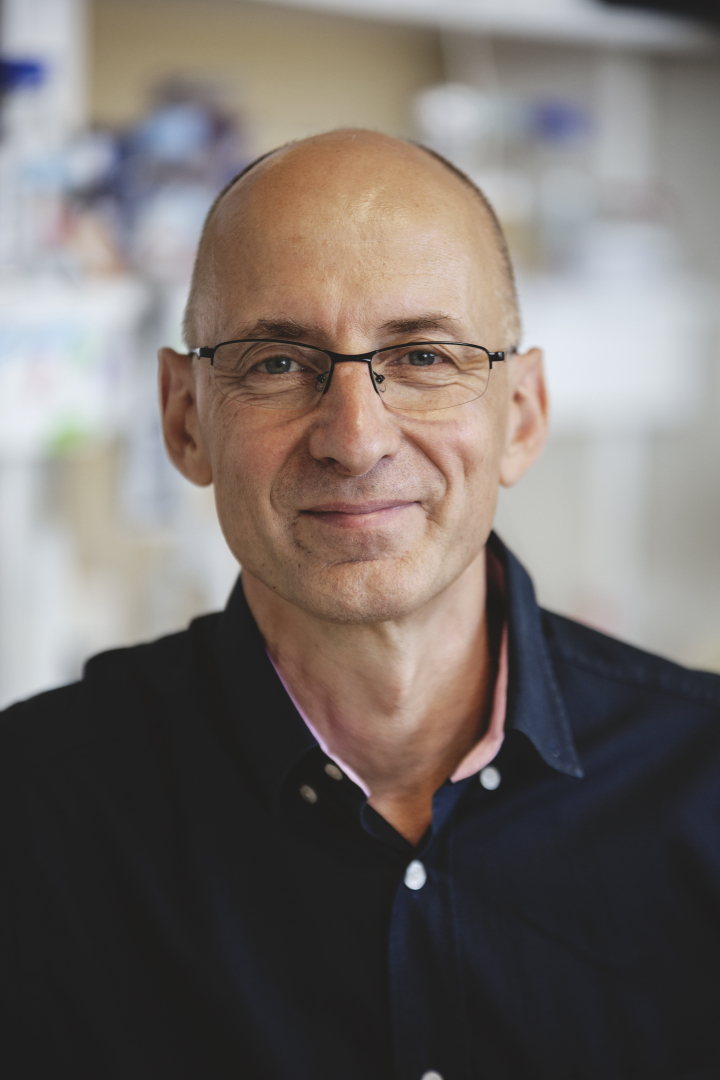

Pierre GOURDY
Deputy Director

Cyrille MAHIEUX
Administrative Director

Frank LEZOUALC'H
Project Manager

Joost SCHANSTRA
Project Manager

Alexia ZAKAROFF
Project Manager
L’organisation de l’I2MC
Research teams
Technological platforms
Administration and support services
Laboratory Council
Scientific advisory board
Actualités
Symposium du PEPR MED-OOC
Vendredi 6 février, I2MC Le programme de...
Winter Scientific Symposium de l’ISHR
Ne manquez pas le Winter Scientific Symposium de...
Dominique Langin sur France 3 Occitanie
Dominique Langin will be the guest on the...
DISEASES explained

Type 2 diabetes
Diabetes is a long-term excess of glucose concentration in the blood (hyperglycemia). In the case of type 2 diabetes, this is caused by a disturbance of the carbohydrate metabolism. Even if it appears gradually and insidiously, the disease has serious consequences, even fatal, in the long term.
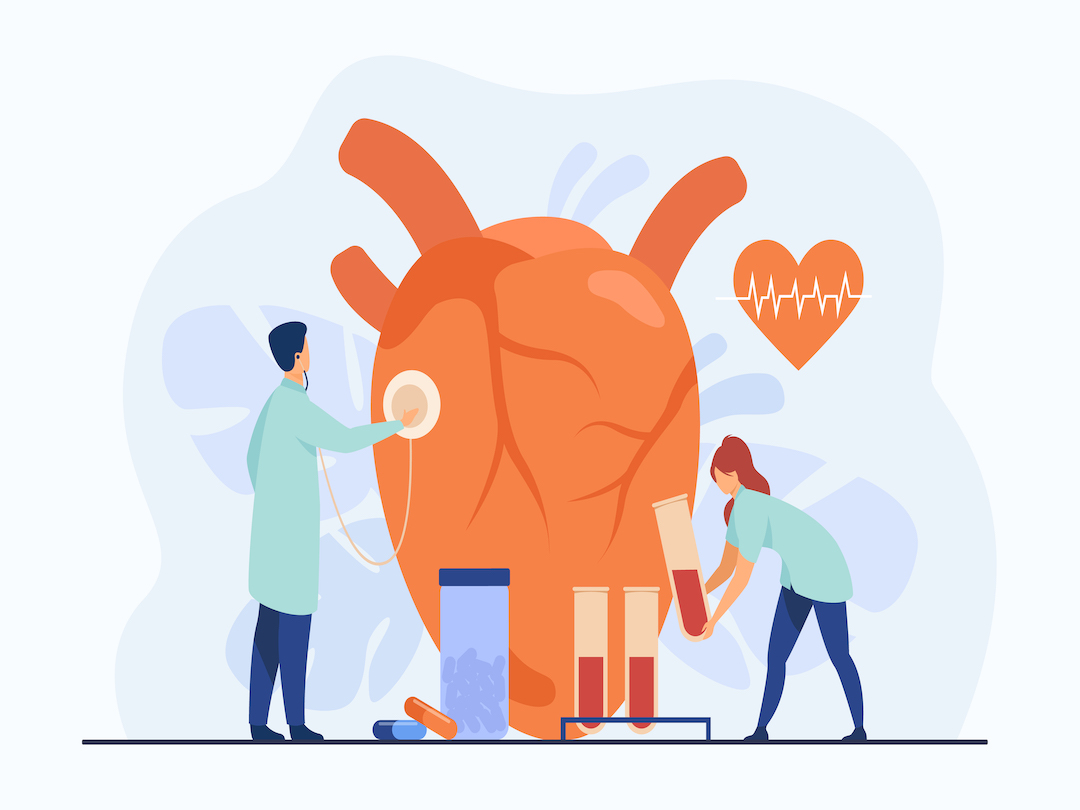
Cardiovascular diseases
Cardiovascular diseases (CVDs) are the leading cause of death globally, taking an estimated 17.9 million lives each year. CVDs are a group of disorders of the heart and blood vessels and include coronary heart disease, cerebrovascular disease, rheumatic heart disease and other conditions.
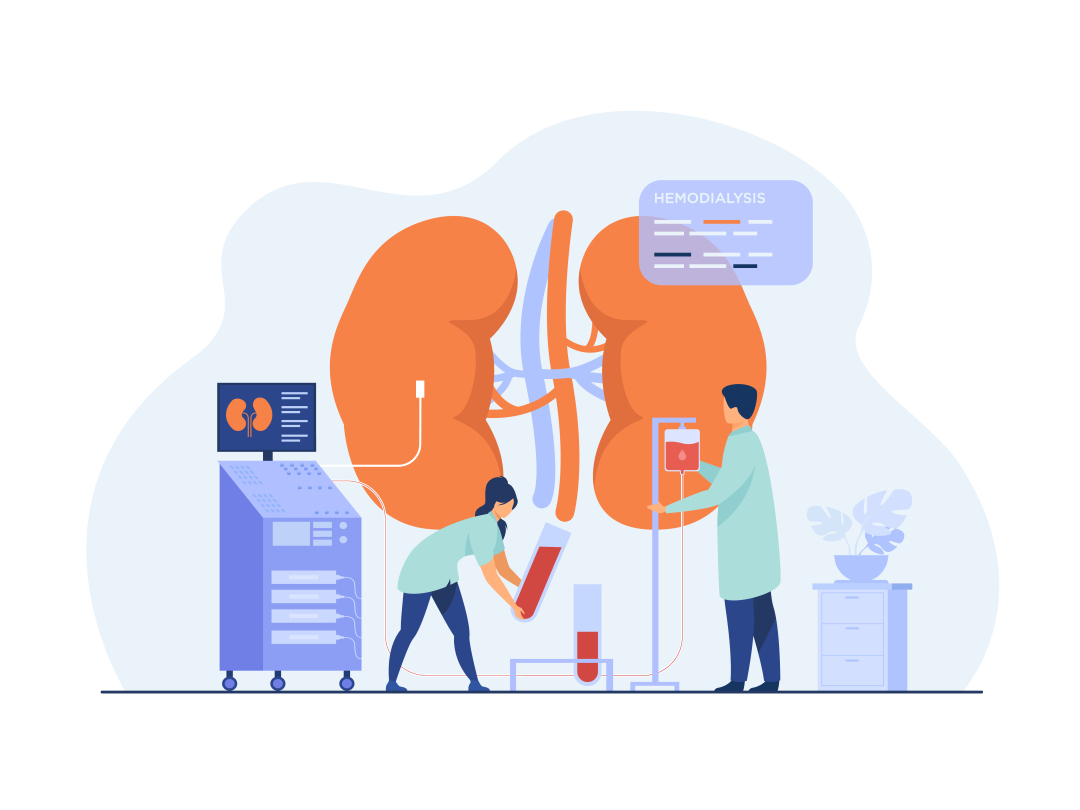
Kidney disease
Kidney failure is the result of the slow evolution of the disease that leads to the destruction of the kidneys. It affects more than 82,000 people in France and requires dialysis or transplantation. In 50% of cases, chronic kidney diseases are the consequence of diabetes or high blood pressure.

Obesity
Obesity is an excess of body fat and a change in adipose tissue, which can lead to health problems and shorten life expectancy. Its causes are complex. It results from the interplay of several factors – dietary, genetic, epigenetic and environmental – involved in the development and progression of this chronic disease.
Non-profit and patient associations
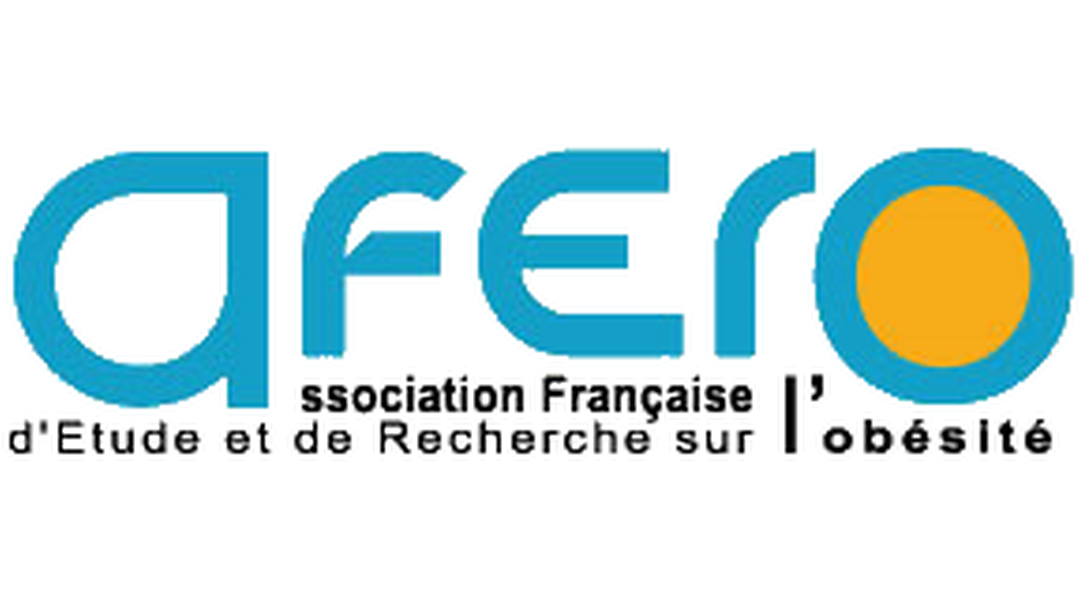
L’Afero
A.F.E.R.O is the French Association for Study and Research on Obesity. Its aim is to promote scientific exchanges, the dissemination of knowledge and training in the field of biomedical research on obesity. The AFERO can be considered as the learned society of Obesity in France.
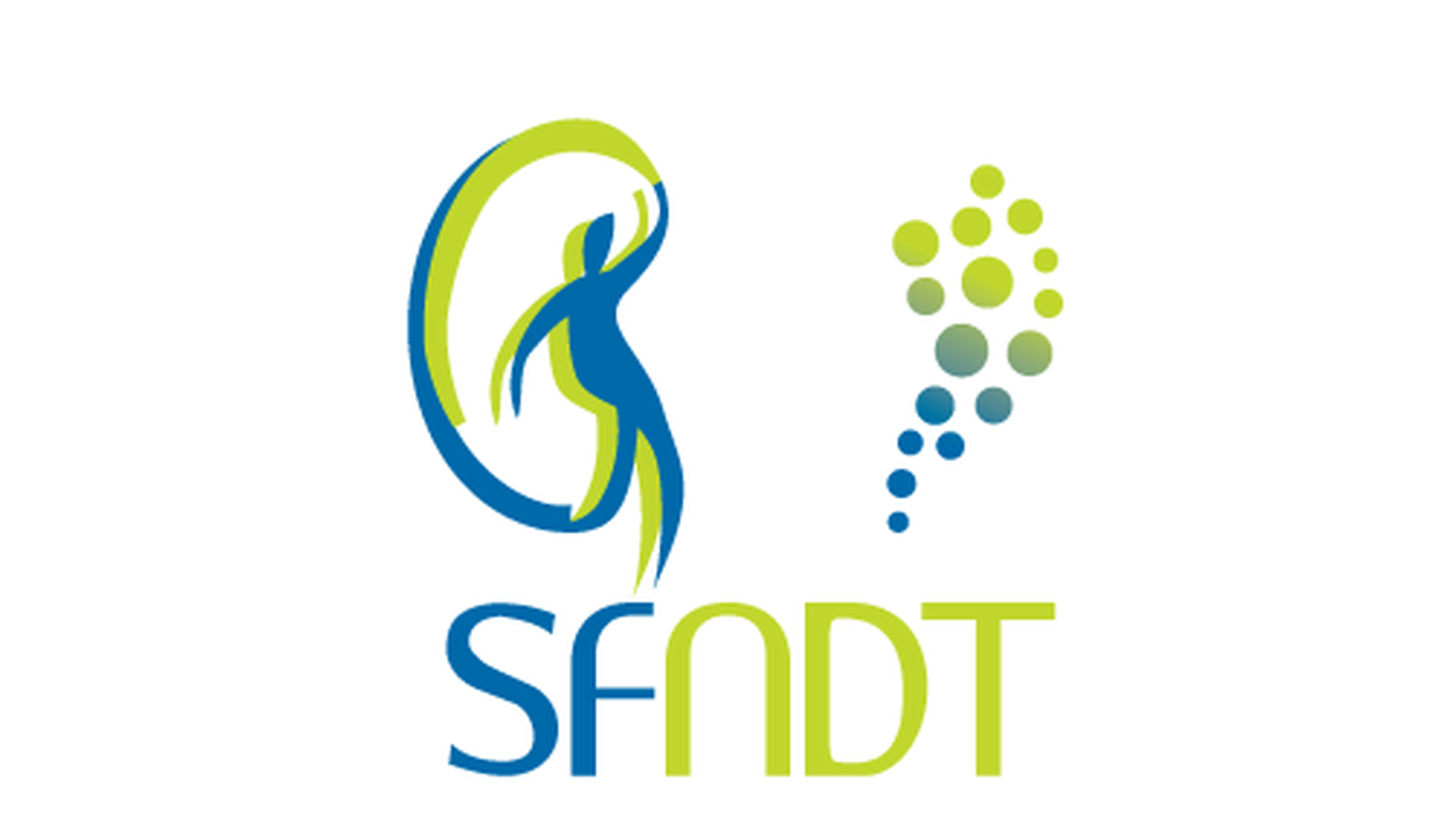
French-speaking Society of Nephrology, Dialysis and Transplantation
The mission of the SFNDT is to support the development of nephrology in all its fields, from clinical nephrology to dialysis and renal transplantation, as well as in all dimensions of care, basic research, epidemiological and clinical advances, and education.
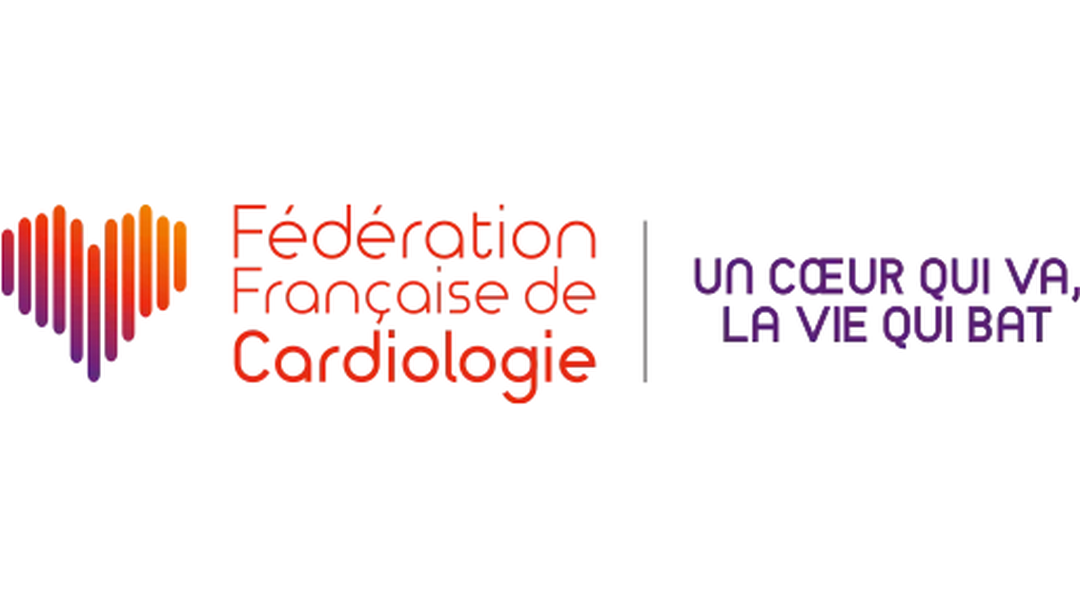
French Federation of Cardiology
Created in 1964, the French Federation of Cardiology is an association recognized as being of public utility since 1977. A collective vocation mobilized to reduce cardiovascular diseases.


Inserm/UPS UMR 1297 - I2MC Institut des Maladies Métaboliques et Cardiovasculaires
1 avenue Jean Poulhès - BP 84225 - 31432 Toulouse Cedex 4
Tél. : 05 61 32 56 00
Horaires
Du lundi au vendredi
8h30 - 12h30 / 13h45 -16h45
